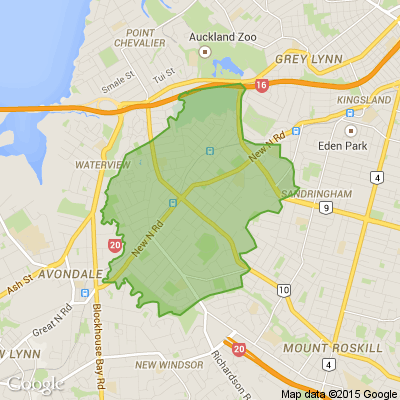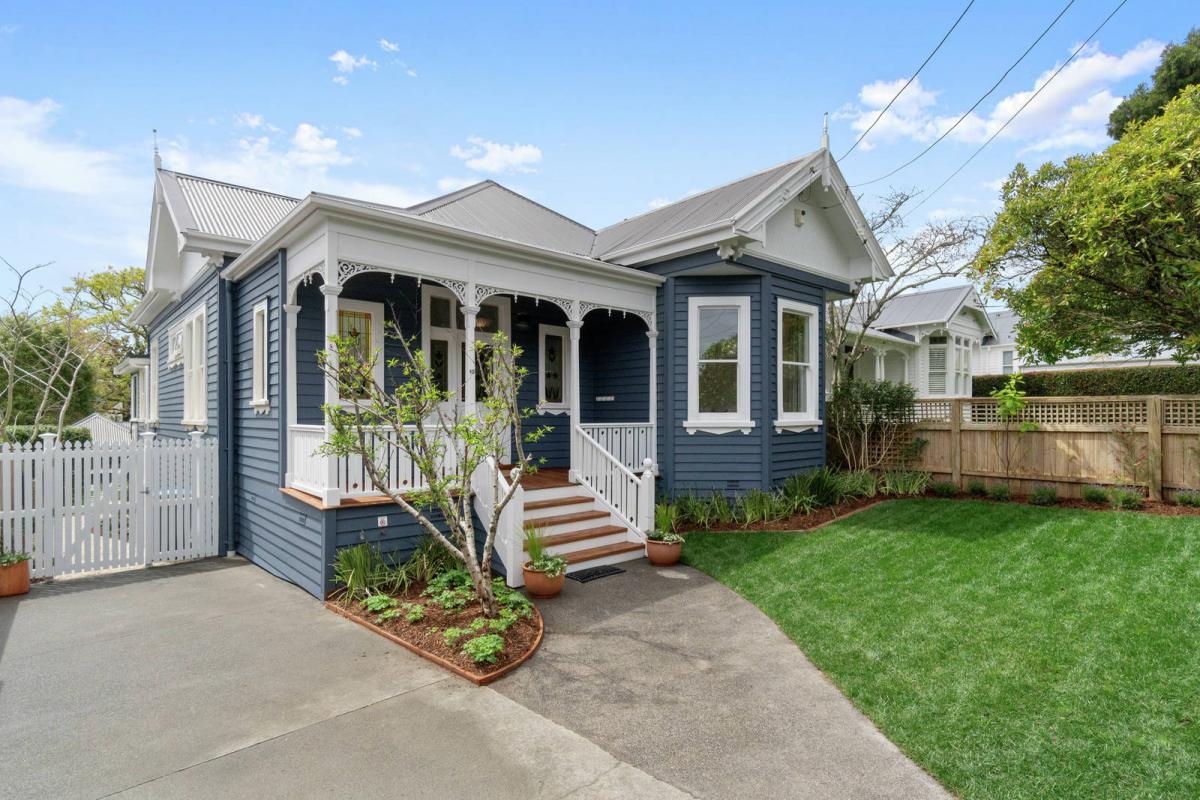Auckland reclaims top spot as most expensive place to rent
Auckland has reclaimed the top spot as the country's most expensive place to rent after the Bay of Plenty overtook Tāmaki Makaurau in December, according to Trade Me's latest rental price index.
Trade Me's Gavin Lloyd said: "Average median rent in Auckland went up by 3 per cent compared to last month, reaching a high of $680 per week whilst the Bay of Plenty market dropped by 3 per cent to $650 per week.
"The increase in Tāmaki Makaurau was driven by the North Shore City which recorded an uptick of 4.2 per cent to $720 a week and Waitakere City which is up 2.3 per cent to $665 a week."
The data also showed New Zealand rental prices overall have increased for the second month in a row.
The national median weekly rent in New Zealand has jumped to $630 for the month of January, up 0.8% compared to December last year.
Lloyd said the first month of 2024 could be a "telling sign" of the year ahead.
"Renters were for the most part sheltered from any major price increases for rental properties at the end of 2023 but this may change if the Reserve Bank decides to raise the official cash rate next week in their first meeting of the year.
“As borrowing costs rise, landlords may face increased expenses, and some could pass on these costs to tenants through higher rents.
"This change might make it a bit tougher for renters with the rising cost of living and lack of properties available giving them fewer options when searching for a property," Lloyd said.
Southland retains its status as the most affordable place to rent in New Zealand, with a median price of $450 per week, a slight increase of $10 from December.
The report also included rent for townhouses and apartments, which have climbed to "record highs".
The median weekly rent for an apartment in New Zealand peaked at $560 per week in January and townhouses reached $665 per week.
In Auckland specifically, townhouses also reached an all time high of $730, up 5% compared to the same time last year. Units in Christchurch also saw a jump, up 12.5%, making the median rent $450.
"As net migration is almost at an all time high more people are coming into the country looking for entry level rentals like apartments and townhouses — especially as they are more prevalent in our city centres.
"This increase in demand is likely putting pressure on the supply and impacting prices," Lloyd said.
===============================================
www.1news.co.nz...
===============================================
Poll: 🗑️ Would you be keen to switch to a fortnightly rubbish collection, or do you prefer things as they are?
Aucklanders, our weekly rubbish collections are staying after councillors voted to scrap a proposed trial of fortnightly pick-ups.
We want to hear from you: would you be keen to switch to a fortnightly rubbish collection, or do you prefer things as they are?
Keen for the details? Read up about the scrapped collection trial here.

-
85.3% Same!
-
14.7% Would have liked to try something different








 Loading…
Loading…




